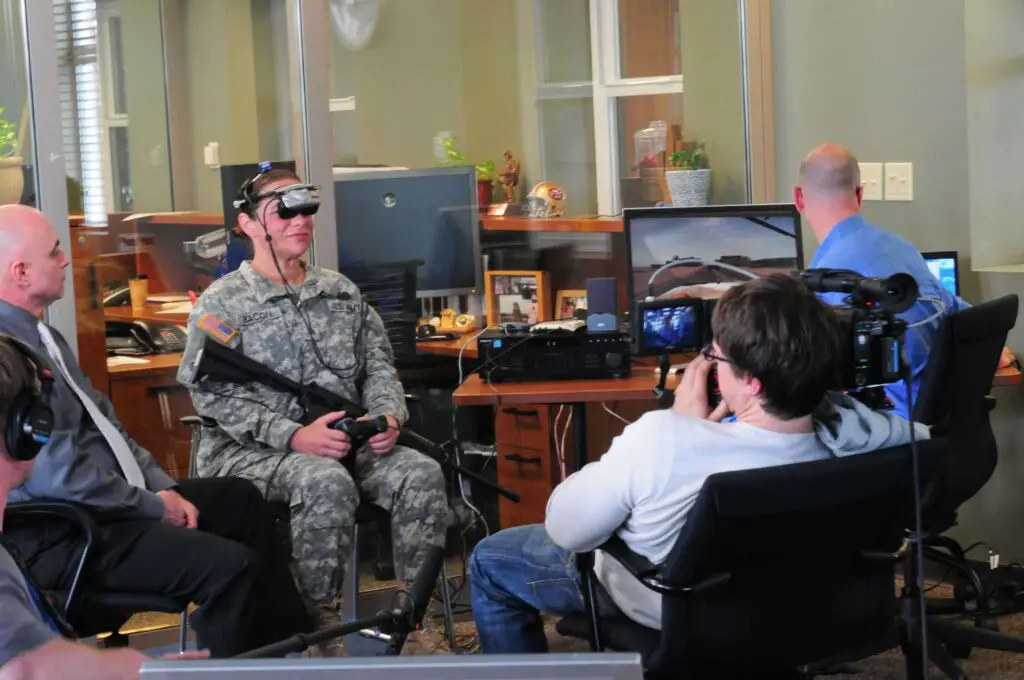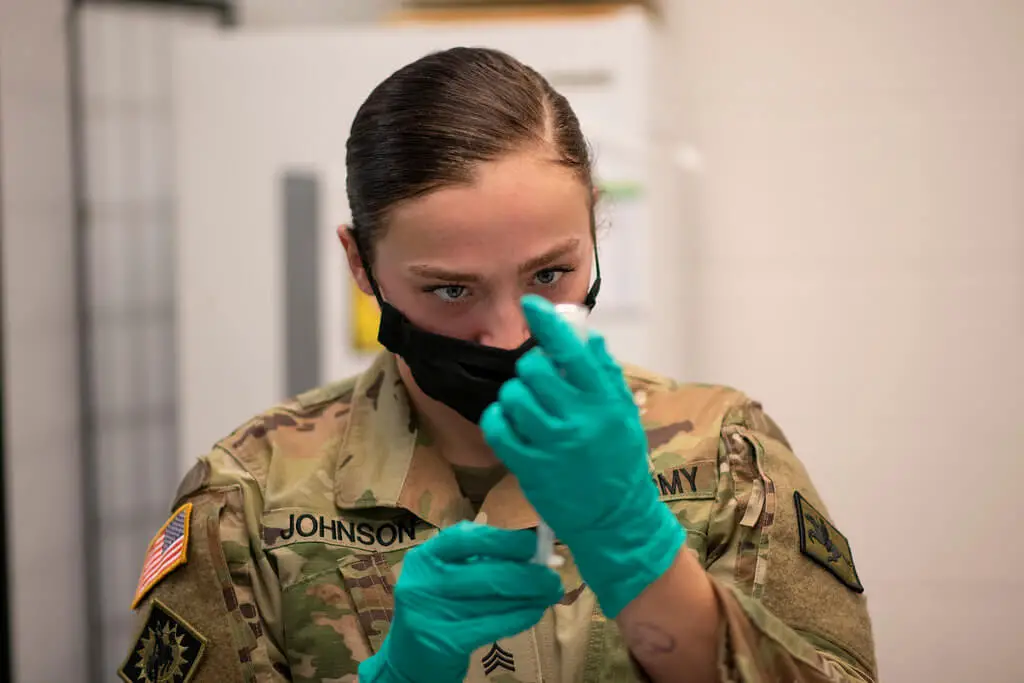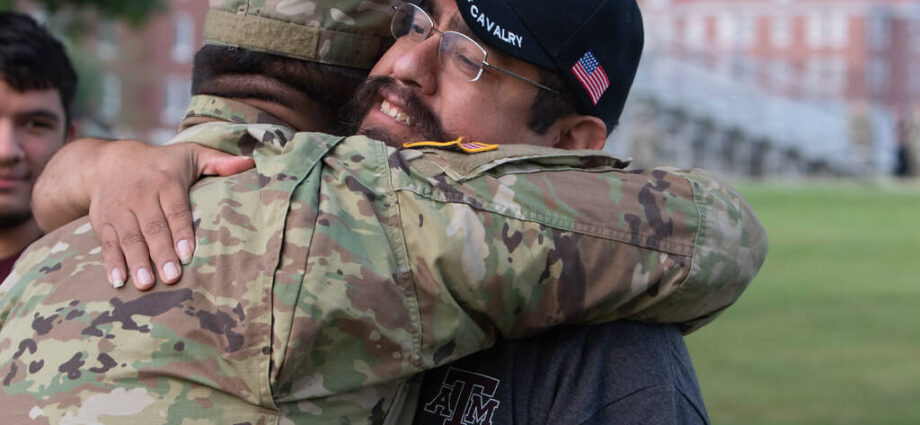There’s no doubt that military personnel tends to get several benefits during their service and even more after their retirement, and that is one of the reasons why they need to keep their DMDC records updated to prevent any kind of interruption in their benefits. Regardless of the plenty of benefits, they also have to deal with the negative side of their job. These military workers put their lives at stake to serve their country and its people, and after they are retired, they have to deal with numerous mental and physical issues that can affect their lives adversely as well as their loved ones.
Common Mental Health Issues Veterans Face
Military personnel has to work in a traumatic environment and this can give rise to several mental health problems down the line.
Post-traumatic stress disorder (PTSD)
When an individual suffers from severe trauma or experiences a life-threatening event, it often leads to PTSD. While it is okay to be in a state of shock while an adverse event is occurring, being stuck with that event is the major cause of PTSD.
Veterans often find themselves 24/7 thinking about the unfortunate incidents that had happened while they were serving as military members, and this hinders them from moving on to lead a normal life like a civilian.
According to a report, veterans face PTSD more than civilians, and therefore, it’s indispensable to be informed of the symptoms. The most common symptoms of PTSD are isolation from people, feelings of hopelessness, repeatedly having nightmares or flashbacks about the event, increased alertness, and negative thoughts and feelings.

Depression and Anxiety
Depression and anxiety are quite prevalent in veterans too as they have to deal with financial problems, loss of employment, and feelings of disassociation as soon as they get back home.
Most veterans even think that no one is able to understand their situation and their family members or friends can’t provide them with emotional support. They also go through the feelings of survivor’s guilt, and they try to isolate themselves from the world. This exacerbates the entire situation, leading to severe symptoms of anxiety and depression.
Traumatic Brain Injury (TBI)
Traumatic Brain Injury is also common among ex-military members and a few of the reasons for it are when their head hits an object or when they are close enough to the explosion at the time of the incident.
A few symptoms of TBI are trouble falling asleep, trouble thinking clearly, headaches, feeling lethargic, and dizziness. All of this affects cognitive ability and leads to behavioral changes in veterans.
How to Heal Yourself as an Ex-Military Member?
Socializing with your loved ones as well as combating mental and physical conditions at the same time can be a bit strenuous as a veteran. However, the following ways can help you heal yourself as an ex-military member overall.

Focus on Your Health
You need to pay a great deal of attention to your physical health if you want to recover mentally too. If you are not physically strong, you won’t be capable of doing even the basic tasks in your life.
It’s important that you incorporate healthy meals in your daily life, such as having a balanced rainbow diet comprising all the essential nutrients that can make you feel stronger and better about yourself.
You should also consider working out five days a week for at least thirty minutes as moving your muscles allows your body to release endorphins that ultimately help to reduce pain, stress, anxiety, and discomfort. You can even opt for fun outdoor activities like hiking or kayaking that will make you inhale the fresh air and help you relax.
Sleep deprivation also exacerbates anxiety, among several other health issues. Therefore, you should set a bedtime routine to train your circadian rhythm, as it will allow you to sleep quickly without struggling much. You can also try meditating or journaling before going to bed to get rid of negative thoughts that may cause hindrance to your sleep.
Socialize With Civilians
Transforming from a military member to a civilian can be daunting, and you may find it hard to adjust yourself to a completely “new” environment. That’s why it would be best for you to go out and socialize with civilians as much as possible.
It will allow you to combat the feelings of loneliness or disassociation, and will also help you to transition into a normal life in a healthy and convenient manner. You should talk to them about their routine, or you can even share your current thoughts with them, you never know which new hobby you may find.
Talk to a Professional
It can be easy to ignore your mental health issues and try to cope with them on your own. Although you may think at the start that you’re doing great, the symptoms may get worse down the road.
Hence, if you’re feeling extremely down or suicidal, it’s a must to seek help from a professional. Visiting a therapist can help them figure out the root cause of your condition, and they may suggest the right treatment for you.
Pouring your heart out to a therapist can also help you feel better about your situation, and you don’t have to fear judgment from them. They will give you reasonable advice to help you change your negative perspectives.
Join a Support Group
After leaving the military, you may feel like no one is able to understand your feelings, and you may start isolating yourself, however, this may result in worsening your mental health conditions.
Hence, it’s ideal to join a support group as well. You will be amazed to see how everyone else has the same problems as you, and you are not the only one to be dealing with certain situations. This will help you with your heavy heart, and you will be able to calm yourself down easily. It will also make it easier for you to socialize with your loved ones and others.





